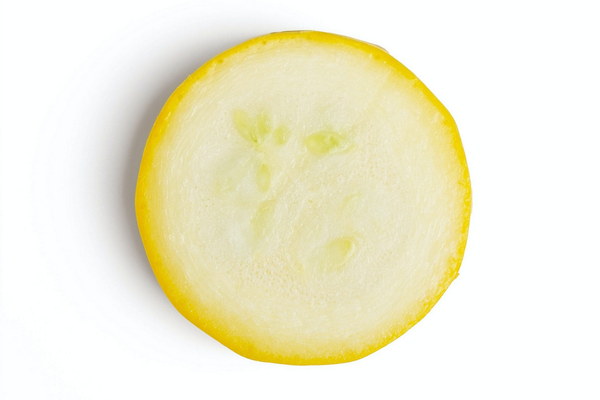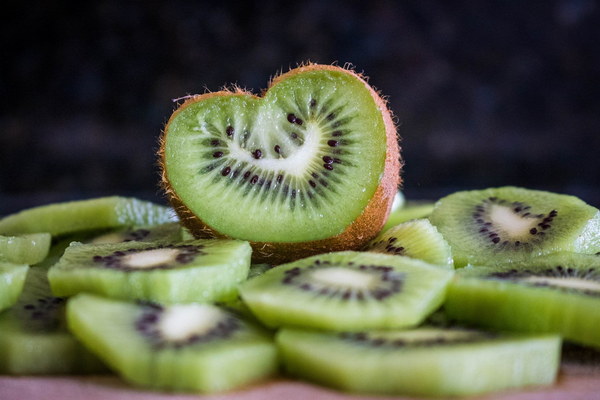Liver Support and Dry Eye Syndrome A Guide to Optimal Eye and Organ Health
Dry eye syndrome (DES) is a common condition that affects millions of people worldwide. It is characterized by a lack of sufficient lubrication and moisture on the surface of the eyes, leading to discomfort, blurred vision, and even pain. While DES can be managed with various treatments, including artificial tears and lifestyle adjustments, there is growing evidence to suggest that liver health plays a crucial role in maintaining eye health. Here, we delve into how you can support your liver to help manage dry eye syndrome effectively.
Understanding the Liver's Role in Eye Health
The liver is a vital organ responsible for detoxifying the body and filtering out harmful substances. It also plays a significant role in the production of bile, which is essential for the digestion and absorption of fats. Given its multifaceted functions, it's not surprising that the liver's health can impact other body systems, including the eyes.
When the liver is functioning optimally, it can help maintain the balance of tears, which is essential for keeping the eyes lubricated. However, if the liver is overburdened due to poor diet, excessive alcohol consumption, or other factors, it may not be able to perform its detoxifying functions as effectively, potentially leading to an increase in dry eye symptoms.
Liver Support Strategies for Dry Eye Syndrome
1. Nutritional Support
- Antioxidants: Consuming a diet rich in antioxidants can help protect the liver from oxidative stress. Foods high in antioxidants include berries, dark leafy greens, nuts, and seeds.
- Milk Thistle: This herb is known for its liver-protective properties. It contains a compound called silymarin, which has been shown to help regenerate liver cells and support overall liver health.

- Vitamin E: This fat-soluble vitamin is essential for maintaining healthy skin and eyes. It can be found in foods like almonds, sunflower seeds, and avocados.
2. Alcohol Moderation
- Excessive alcohol consumption can significantly damage the liver and exacerbate dry eye symptoms. It is advisable to limit alcohol intake or avoid it altogether if you suffer from DES.
3. Healthy Weight Management
- Excess body weight can increase the risk of non-alcoholic fatty liver disease (NAFLD), which can contribute to liver dysfunction and, subsequently, dry eye syndrome. Maintaining a healthy weight through a balanced diet and regular exercise is crucial.
4. Detoxification
- The body naturally detoxifies through the liver, but sometimes additional support is needed. Practices like dry brushing, infrared saunas, and staying hydrated can help facilitate the detoxification process.
5. Quality Sleep
- Adequate sleep is essential for overall health, including liver function. Poor sleep can impair the liver's ability to process toxins, so aim for 7-9 hours of quality sleep each night.
6. Stress Management
- Chronic stress can affect liver function and increase inflammation in the body. Techniques such as meditation, deep breathing exercises, and yoga can help reduce stress levels.
Conclusion
While there is no direct cure for dry eye syndrome, supporting liver health can be a valuable component of managing the condition. By adopting a liver-healthy lifestyle, including a balanced diet, moderate alcohol consumption, regular exercise, and stress management, you can help ensure that your liver functions optimally, which may, in turn, help alleviate dry eye symptoms. Always consult with a healthcare professional before making significant changes to your diet or lifestyle, especially if you have underlying health conditions.









